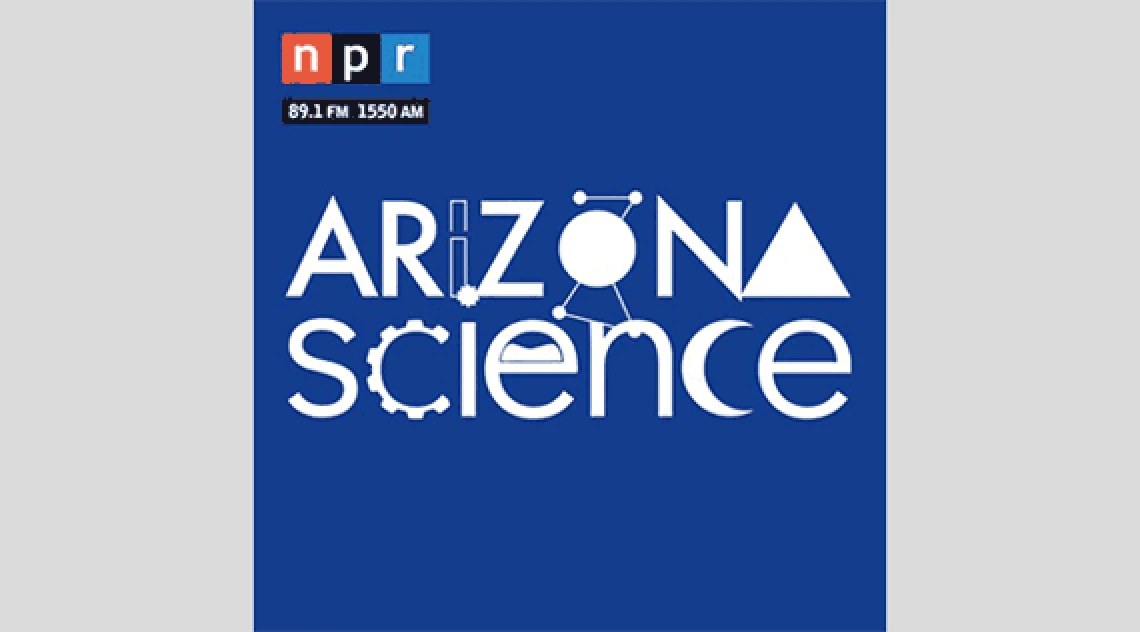UA SRP Director Discusses Earth's Microbiome on NPR's Arizona Science

 University of Arizona Superfund Research Program (UA SRP) Director, Dr. Raina Maier, was invited to talk about the Earth’s microbiome and its role in keeping our planet healthy on Arizona Public Media’s Arizona Science segment, which is part of National Public Radio (NPR)’s Science Friday program. The segment, entitled, “The role of microorganisms in making life livable on planet Earth”, aired on May 6, 2016 (episode 27) and can be found at https://radio.azpm.org/arizonascience/.
University of Arizona Superfund Research Program (UA SRP) Director, Dr. Raina Maier, was invited to talk about the Earth’s microbiome and its role in keeping our planet healthy on Arizona Public Media’s Arizona Science segment, which is part of National Public Radio (NPR)’s Science Friday program. The segment, entitled, “The role of microorganisms in making life livable on planet Earth”, aired on May 6, 2016 (episode 27) and can be found at https://radio.azpm.org/arizonascience/.
In this segment, Maier explained that the Earth’s microbiome, consisting of all microorganisms in the Earth’s crust and waterways, can be compared to the human microbiome (which consists of all the microbes inside an individual). Just as the human microbiome has been increasingly recognized as a critical factor in maintaining human health, Maier pointed out that science is also recognizing the importance of the planet’s microbiome in maintaining environmental health. In the course of this discussion, Maier talked about the role of early microbes in preparing the Earth for higher forms of life, and finally about how little is truly known about the potential consequences of the rapidly changing climate on Earth’s microorganisms as well as their capacity to maintain the habitability of Earth for humans.
Maier emphasized that the response of the Earth microbiome to climate change is an issue that most people don’t yet consider in the greater discussion on climate change. However, the increasing recognition of the topic’s importance is evidenced by the recent announcement of a National Microbiome Initiative by the White House Office of Science and Technology Policy. This initiative will support interdisciplinary research to examine microbiomes in diverse ecosystems, to develop tools to mine and understand microbiome data, and to expand workforce capabilities related to microbiome science.

